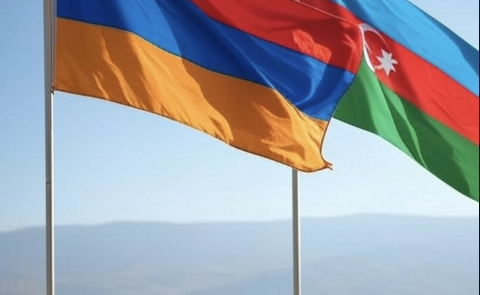
Fitch Ratings Affirms Azerbaijan's Long-Term IDR at 'BBB-' with Stable Outlook
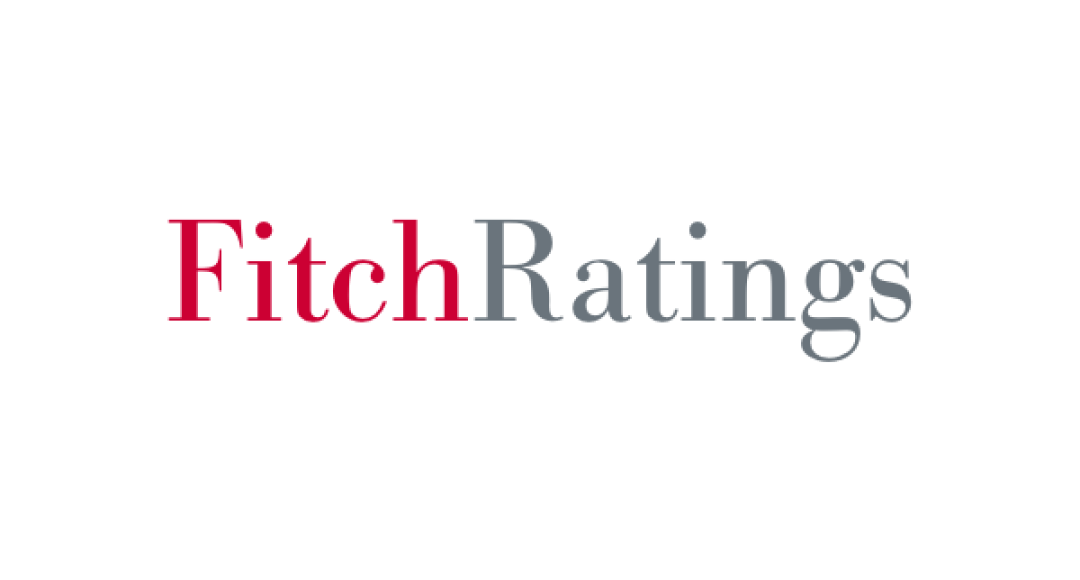
On January 17, Fitch Ratings affirmed Azerbaijan's Long-Term Foreign-Currency Issuer Default Rating (IDR) at 'BBB-' with a Stable Outlook. The rating reflects Azerbaijan's strong external balance sheet, low public debt, and significant sovereign wealth fund assets, counterbalanced by governance challenges, economic vulnerabilities, and geopolitical risks.
Key Strengths Supporting the Rating
Fitch highlighted Azerbaijan’s robust sovereign foreign-currency assets, which totaled $76 billion (102% of GDP) in 2024. These assets are primarily managed by the Sovereign Wealth Fund of Azerbaijan (SOFAZ) and the Central Bank of the Republic of Azerbaijan (CBRA). Azerbaijan’s net external creditor position, projected at 71% of GDP in 2024, is the highest among ‘BBB’ and ‘A’ rated sovereigns. Despite fluctuations in oil prices, the country’s fiscal policy is expected to maintain strong sovereign external assets, ensuring resilience against external shocks.
Economic Performance and Outlook
Fitch forecasts slower economic growth for Azerbaijan, with GDP growth rates of 3% in 2025 and 2.4% in 2026. While the current account surplus is projected to decrease to 6.5% of GDP in 2024, it remains high compared to peers. Similarly, the consolidated budget surplus is expected to stabilize at around 1% of GDP between 2024 and 2026.
The government aims to reduce reliance on hydrocarbon revenues by boosting non-oil revenues and managing expenditures related to defense and the Karabakh region. However, achieving meaningful economic diversification will require improvements in policy execution and fiscal oversight.
Policy and Structural Challenges
Fitch identified weaknesses in Azerbaijan's economic policy framework, particularly in the fiscal rule's limited track record and institutional deficiencies in fiscal oversight. While public debt remains low at an estimated 21.1% of GDP in 2024, structural liquidity surpluses and underdeveloped capital markets present challenges for monetary policy effectiveness.
Geopolitical and Governance Risks
Azerbaijan's governance remains a significant concern, as reflected by low scores on the World Bank’s Governance Indicators, which weigh on the country’s credit profile. Despite ongoing peace negotiations with Armenia, including progress on border delimitation, a final resolution remains uncertain. Fitch does not anticipate a significant escalation in military conflict, but geopolitical stability remains a key risk factor.
Rating Outlook and Risks
Fitch outlined scenarios that could impact Azerbaijan's credit rating:
- Negative Factors: A downgrade could occur if macroeconomic instability, external shocks, or fiscal imbalances emerge.
- Positive Factors: Improvements in governance, institutional frameworks, and economic diversification could lead to an upgrade.
The Country Ceiling remains aligned with the 'BBB-' IDR, indicating no material constraints on currency convertibility or exchange controls.
See Also

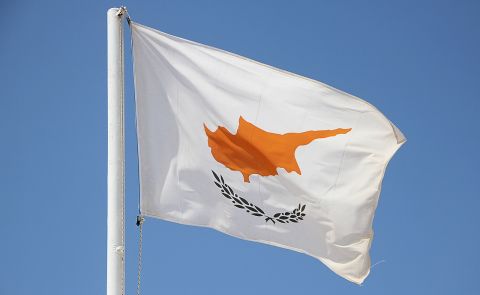
Cyprus Pledges Support for Displaced Armenians and Trilateral Partnership

EU Official Encourages Turkey to Deepen Role in South Caucasus Stability
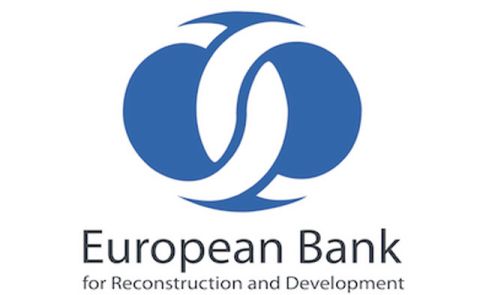
Armenia, EBRD Mark €400M Investment Milestone in Strategic Partnership
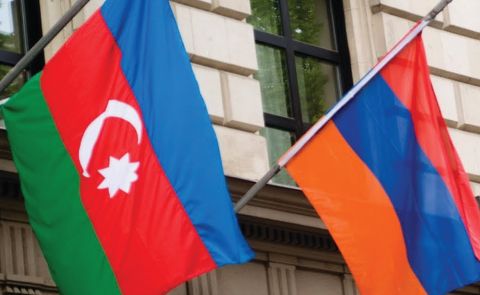
Armenian and Azerbaijani Officials Hold Separate Talks With Iranian Counterparts in Tehran

